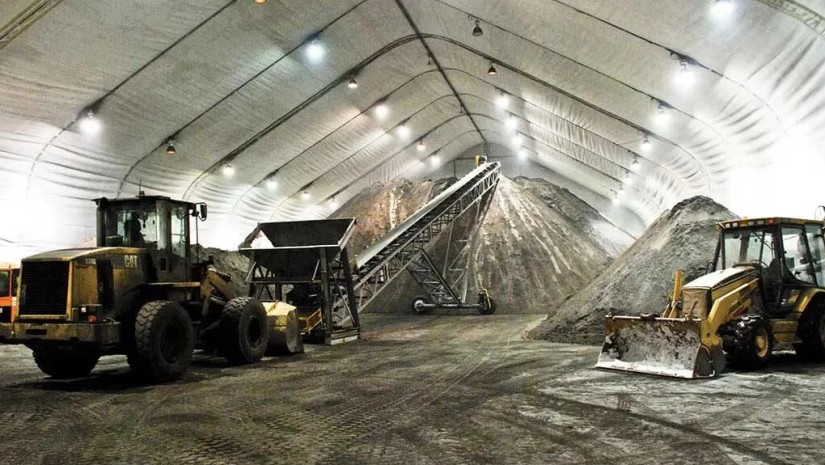Senior economist at the World Bank (WB), Lea Hakim, highlighted Armenia's significant dependence on the export of raw commodities, making the country excessively vulnerable to fluctuations in global commodity prices.
She expressed this view on Tuesday while presenting the WB report "Going Beyond Borders: Unlocking Potential for a Sustainable Future."
Hakim noted that the majority of Armenia's exports are basic commodities, primarily gold and copper ore. The reliance on commodity exports limits the diversity and complexity of the country's exported goods, leading to a reduction in added value.
The expert also drew attention to the increased economic role of Russia in Armenia after 2022, which reduces the level of the country's economic diversification.
The report also highlights logistical challenges. Armenia lacks access to the sea, which, combined with closed borders, creates limitations. The low level of infrastructure, especially compared to comparable countries, exacerbates the situation.
The economist pointed out that even in places where there are roads, 45% of them are in poor condition. This, she says, hinders not only access to the country but also movement within regions. Rural areas also suffer from a lack of infrastructure and services, explained Lea Hakim.
Earlier, BMG reported that Armenia's foreign trade turnover for January-March 2024 increased by 2.1 times, reaching $9.1 billion. Exports grew faster, increasing by 2.7 times to reach $4.4 billion, while imports rose by 75.8%, reaching $4.7 billion.
The sharp rise in economic activity is largely driven by the high dynamics in the industrial sector, which is explained by the re-export of Russian gold and precious stones from Armenia to the United Arab Emirates and Hong Kong.
















